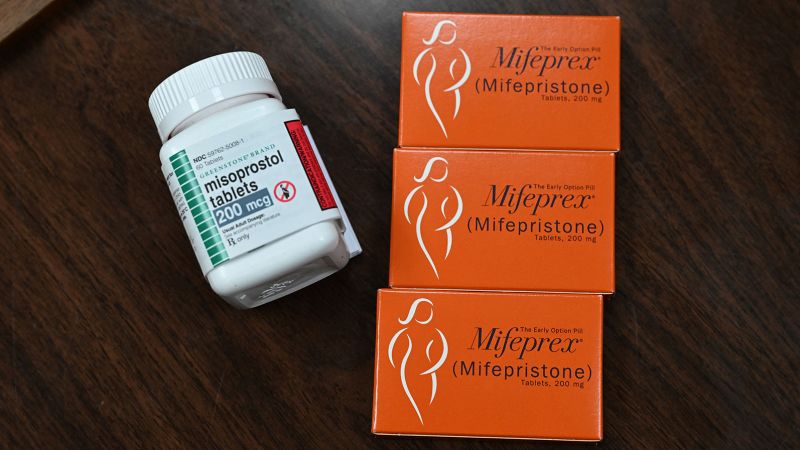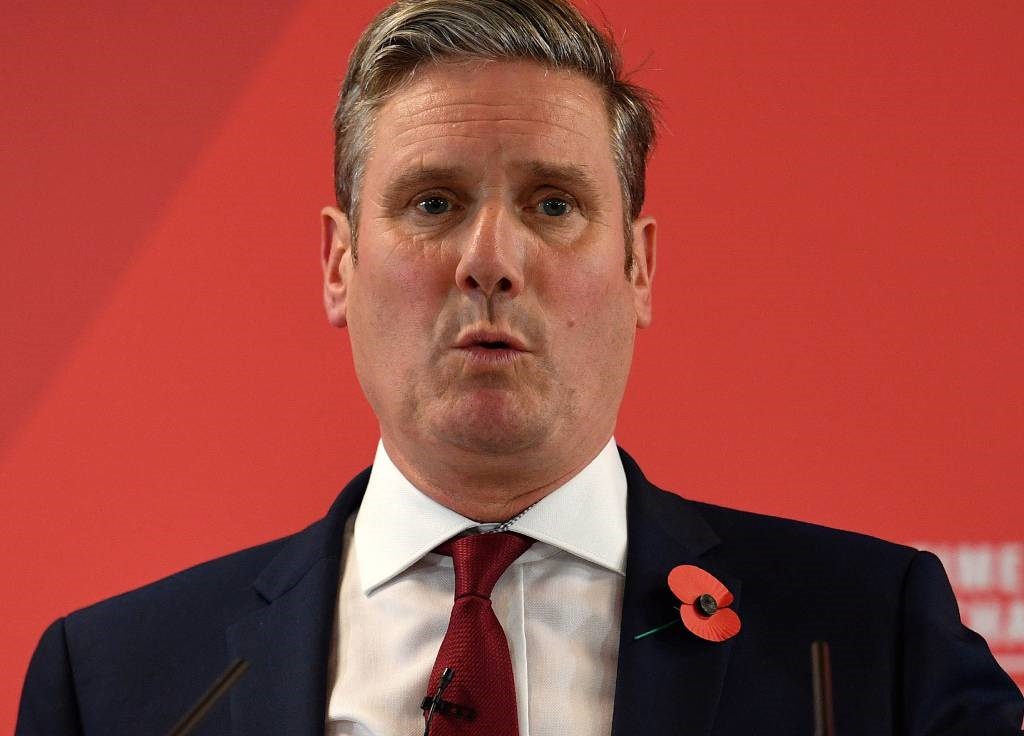Now — seeking revenge against Russia, or in pursuit of personal redemption and freedom — they are trading their prison jumpsuits for Ukrainian army uniforms and deploying to the front lines.
Senya Shcherbyna, 24, who is serving six years for dealing drugs, is waiting to be interviewed by military recruiters and hopes to deploy as soon as possible. “I think I can redeem myself,” Shcherbyna said in an interview, “and seem more useful to my society than if I’m just sitting here.”
Fellow prisoner Serhii Lytvynenko, who has served 11 years of a 14-year sentence for deadly assault, said he was still deliberating. “I’m not sure they’re really going to treat us as normal fighters,” he said. “We don’t know right now if they’re going to take you and just throw you in like meat.”
Recruiting criminals — a common practice in Russia, where tens of thousands were freed to fight in Ukraine — is the latest sign of Kyiv’s struggle to replenish its forces, which are depleted and exhausted after more than two years of virtually nonstop fighting.
Although the Ukrainian parliament approved a new mobilization law aimed at widening the draft pool, the legislation has yet to yield enough new troops. In the meantime, the Ukrainian general staff is trying to find able-bodied fighters wherever it can, reassigning some soldiers from rear positions to combat roles and recruiting prisoners.
Under the new law, prisoners qualified to join the amnesty program can be assigned only to assault brigades, which can mean face-to-face combat with Russian troops.
That restriction reflects Ukraine’s most urgent needs, said Justice Minister Denys Maliuska, adding that he expects at least 4,000 men to volunteer in this first round of recruitment. For now, the convicts will serve only in units made up entirely of former prisoners, commanded by a regular soldier.
“The motivation of our inmates is stronger than our ordinary soldiers,” Maliuska said in an interview at one of the prisons where nearly 100 have already been freed to fight. “Their release is only one part of the motive. They want to protect their country and they want to turn the page.”
Ukrainian officials granted a request by The Post to interview several new soldiers freshly released from prison on the condition they be identified only by first names in keeping with military rules.
Dmytro, 28, was sentenced to 4½ years behind bars in 2021 for stealing a phone. He was married with two children when his sentence began, but was released last month with no family left: his wife and kids, ages 2 and 7, were killed in an airstrike on their apartment house in Izyum in April 2022.
The memory is still so painful that in the interview he could not bring himself to speak their names.
Avenging their deaths by fighting in the war “motivates me,” Dmytro said. “The Russian Federation is responsible for this.” He was released from prison several weeks ago and is now training at a military base, where he has already learned to handle a rifle.
Edward, 35, who was sentenced in 2019 to seven years and seven months for armed assault, said he dreamed of joining the military as a young boy but grew up in poverty and fell into crime.
Since Russia’s invasion in 2022, Edward said, he had hoped the law would change to allow men like him to fight. He was first in line when the law passed and is now in training.
Edward’s hometown knows him only as a criminal, he said. He wants to show them — and himself — that “I still have some humanity left in me.”
Under Ukraine’s current mobilization laws, men and women can sign up to fight of their own accord at age 18, but only men 25 and older can be drafted. President Volodymyr Zelensky has resisted lowering the draft age further — it was reduced from 27 this spring — in part because of social pressure to protect Ukraine’s youngest men from the war.
Instead, to fill the ranks, draft officers stop men of fighting age on the streets to ask for their military registration papers. Recruiters offer financial perks to those who volunteer before they are called up. And now the military is visiting prisons to seek volunteers.
Not all criminals qualify. Those who murdered more than one person, committed acts of sexual violence or violated national security laws are ineligible. Any prisoner signing up to fight must be physically fit, pass a psychological exam and be no older than 57, allowing him to serve at least three years before hitting the exemption age of 60.
Ukrainian officials insist the prison release program is constitutional, ethical and practical during wartime, given that thousands of fighting-age men are sitting behind bars instead of filling crucial roles on the front.
Unlike in Russia, where the recruitment of criminals was pioneered by the Wagner mercenary group, Ukraine’s convicts will be recruited only into the official military and will receive all the same benefits as regular soldiers.
Some commanders are eager to have them. “There is a competition between military commanders to hire” from prisons, Maliuska said. “There is a lack of manpower, so they really want to get access.”
But not everyone is convinced.
“No one has trust in this, but we need it,” said one military official involved in the process who spoke on the condition of anonymity to discuss the plan candidly. This official said he fears that prisoners will cause disorder on the front line or desert their positions. “They’re all going to run like Forrest Gump,” he said.
The official said he would prefer that Ukraine lower the draft age to 18 and allow brigades to recruit younger, fitter men rather than convicts. But he said he does not expect Zelensky to change the draft rules again any time soon, out of fear that he could lose support if young men are forced to take up arms.
“When people see young men die, it’s political,” the official said.
Oleh Petrenko, who is recruiting from prisons for Ukraine’s 3rd Separate Assault Brigade, said he will use the “exact same ideology” when selecting applicants from prison as he does when sifting through regular civilians.
It’s up to Ukrainian troops to treat the new troops equally, he said, or else word will get back to the prisons and fewer men will be motivated to join. “We need to show we’re not the same as Russia,” he said.
Oleksandr, 42, who heads a prison that has already released 98 inmates to join the military, said his staff briefed all the prisoners before welcoming in brigade representatives to discuss specifics and conduct interviews. Those who wanted to move forward underwent medical exams and psychological assessments.
Once brigades made their selections, prisoners’ documents were prepared for court and the men were cleared for release. When they boarded buses for their training, Oleksandr bid them farewell. “I told them to stay safe, stay alive and return with victory,” he said, speaking on the condition that only his first name be used for fear his facility could be targeted by Russian missiles.
Some prisoners expressed fears that the process was unclear. Others were disappointed they did not qualify.
Serhii Ivachenko, who was convicted of exploiting minors on the internet, said he wants to fight but is prohibited because of his crimes. “We’re men,” he said. “If women are doing it right now, we should be embarrassed of ourselves.”
Valentin Solovyov, 28, said he was worried about going to war with fellow convicts. He returned home from the eastern front in 2015 deeply traumatized and later killed a man.
Now serving time for murder, Solovyov said he fears that if he goes to fight, he will be stuck in a unit with prisoners who are mentally unwell. “I don’t have faith I’ll be with normal people,” he said. “I’ve lived with prisoners for a long time.”

















